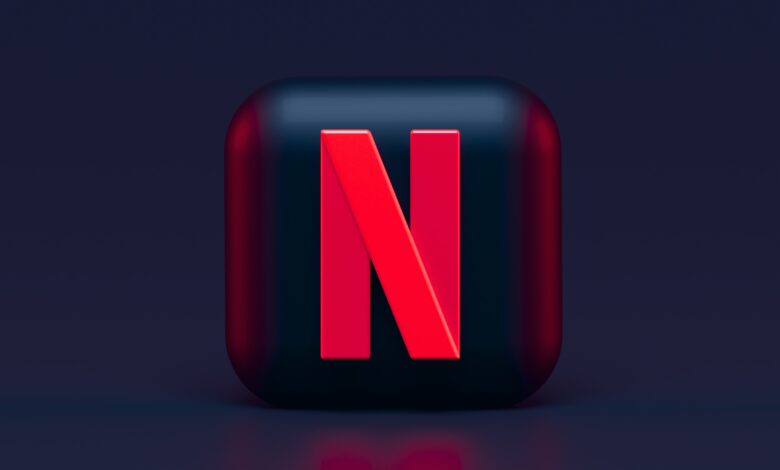Netflix: Transforming Entertainment

Netflix, founded in 1997 by Reed Hastings and Marc Randolph, has evolved from a DVD rental service to a global streaming powerhouse. With its vast library of movies, TV shows, and original content, Netflix has revolutionized the entertainment industry, setting new standards for how audiences consume media.
Early Days and Business Model Shift
Netflix began as a DVD rental-by-mail service, offering an alternative to traditional video rental stores. The company’s innovative subscription model, which eliminated late fees, quickly gained popularity. In 2007, Netflix introduced streaming services, marking a pivotal shift in its business model. This move capitalized on the growing internet bandwidth and changing consumer preferences, laying the foundation for its future success.
Original Content and Global Expansion
A key factor in Netflix’s rise has been its investment in original content. The launch of “House of Cards” in 2013 signaled Netflix’s commitment to producing high-quality, exclusive shows. Since then, the company has expanded its original programming, producing critically acclaimed series like “Stranger Things,” “The Crown,” and “The Witcher,” as well as award-winning films like “Roma” and “Marriage Story.”
Netflix’s global expansion has been instrumental in its growth. By localizing content and investing in productions from various countries, Netflix has attracted a diverse international audience. This strategy has not only increased subscriber numbers but also enriched its content library with a variety of genres and perspectives.
Impact on the Entertainment Industry
Netflix’s influence on the entertainment industry is profound. The company’s streaming model has disrupted traditional TV and film distribution, prompting competitors to launch their own streaming services. Binge-watching, popularized by Netflix’s release strategy, has changed how viewers consume content, favoring entire seasons released at once over weekly episodes.
Additionally, Netflix’s data-driven approach to content creation and recommendation algorithms has set new standards for personalization in entertainment. By analyzing viewer preferences and behavior, Netflix can tailor its offerings to individual tastes, enhancing user engagement and satisfaction.
Challenges and Competition
Despite its success, Netflix faces challenges from increasing competition and rising content costs. The emergence of streaming services like Disney+, Amazon Prime Video, and HBO Max has intensified the battle for subscribers. To maintain its edge, Netflix continues to invest heavily in original content and explore new formats, such as interactive shows and gaming.
Rising production costs and licensing fees also pose financial challenges. As more studios launch their own streaming platforms, securing popular content becomes more competitive and expensive. Balancing quality with cost-efficiency will be crucial for Netflix’s long-term sustainability.
Future Outlook
Looking ahead, Netflix aims to sustain its growth by further diversifying its content, expanding into new markets, and enhancing its technological capabilities. Innovations in interactive content, virtual reality, and personalized experiences are likely to shape the future of the platform. As the entertainment landscape continues to evolve, Netflix’s ability to adapt and innovate will determine its continued dominance.
Conclusion
Netflix’s journey from a DVD rental service to a global streaming leader is a testament to its vision and adaptability. By pioneering new models of content distribution and consistently delivering compelling entertainment, Netflix has transformed the way audiences experience media. As it navigates a competitive and dynamic industry, Netflix’s commitment to innovation and quality will remain key to its success.




